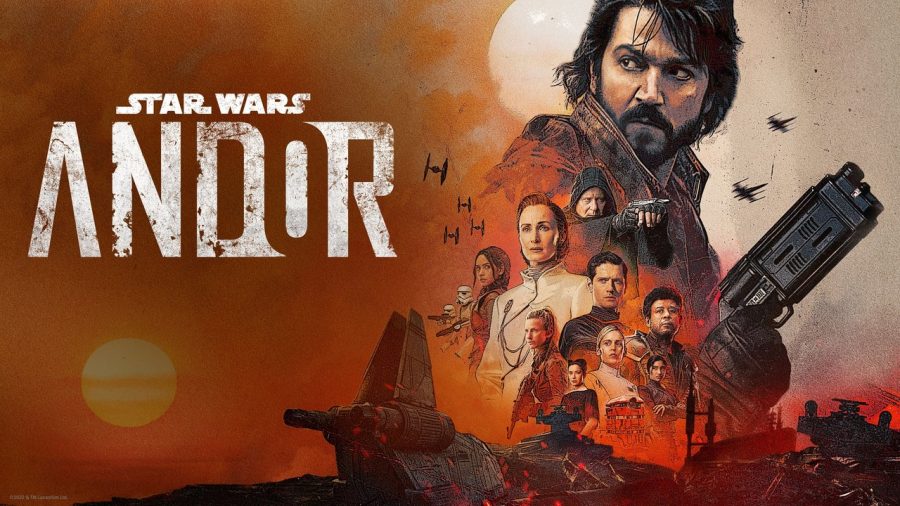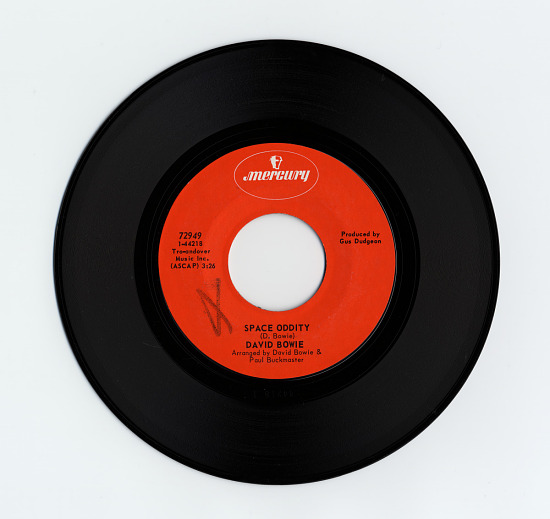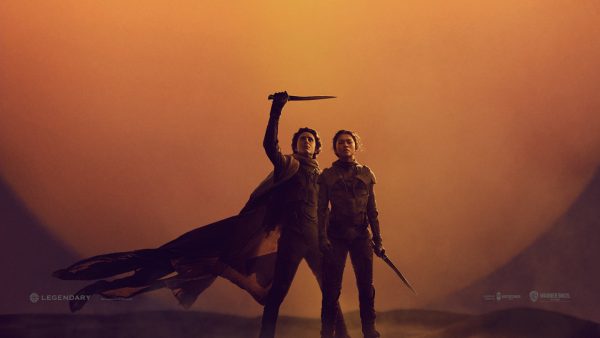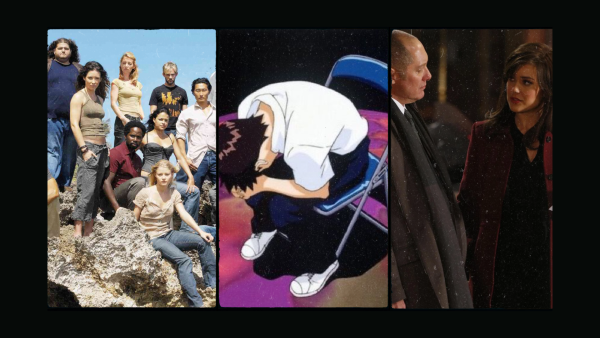Is Andor Not About Star Wars?
Note: This review is intended for those who have already watched Andor. Therefore, spoilers will be prevalent. If you have not watched Andor (which I would recommend), you can find the series on Disney+.
Andor is not about Star Wars.
Hear me out.
The show is, of course, set in the Star Wars universe. But it took a different path from the rest of its fellow Disney Star Wars miniseries. Instead, arguably, Andor chose not to be about Star Wars at all.
The first thing that hinted me toward the shifts Andor had made was the casting. Besides two alien dogs and some droids, every character was human — which is very unlike the actual Star Wars universe.
Andor is also the first miniseries to feature zero characters from the original six Star Wars movies (The Phantom Menace, Attack of the Clones, Revenge of the Sith and A New Hope, The Empire Strikes Back and Return of the Jedi), which further cements its “outside-ness” compared to the rest of the Disney Star Wars shows.
Even the Empire is depicted uniquely from other Disney movies — in some cases, the Empire isn’t even the Empire at all, like the corporate police working for the Imperial Security Bureau (ISB in the show).
Second, the show has pronouncedly diverged from Disney’s shooting formula for new Star Wars content.
Beginning with The Mandalorian, Disney utilized a technique called “The Volume” (a substitute for a green-screen) for filming Star Wars shows, which gave a sort of bright plastic-like lighting to the set. Instead, Andor was filmed with real sets, in real places. (Admittedly, the show still feels plastic-like, but we’ll get to that later).
Lastly, Andor is much longer than the other Disney Star Wars shows. While Obi-Wan Kenobi and The Book Of Boba Fett were 6 and 7 episodes long respectively, Andor totals 12 episodes, and contains three different story arcs (the town, the heist, and — a fan favorite — the prison).
The show isn’t just one story about Cassian Andor, but instead a compilation of scenarios and stories, which is why the show takes so much time on the perspectives of characters who wouldn’t need any focus if the story was purely about Cassian.
So, what then, is Andor about?
Politics.
Specifically fascism — the tendency of capitalism and elitism to allow fascism to propagate, the use of colonialism by fascist regimes, and the resultant compliance toward fascist ideologies.
And, of course, the result of non-compliance.
Instead of being about Star Wars, like the rest of the Disney shows attempted, Andor uses Star Wars as a setting to explore politics in a far more overt way than even the original six movies. Rather than using a theme to explore the story, like how “The Book Of Boba Fett” used diplomacy and pacifism, Andor uses the story to explore a theme, like the prison arc’s battling of topics like compliance and state surveillance.
This political theme has placed Andor solidly in a new era (hopefully) of Star Wars shows. I’m excited to see how this new perspective will propagate in Disney’s Star Wars content. If it does.








